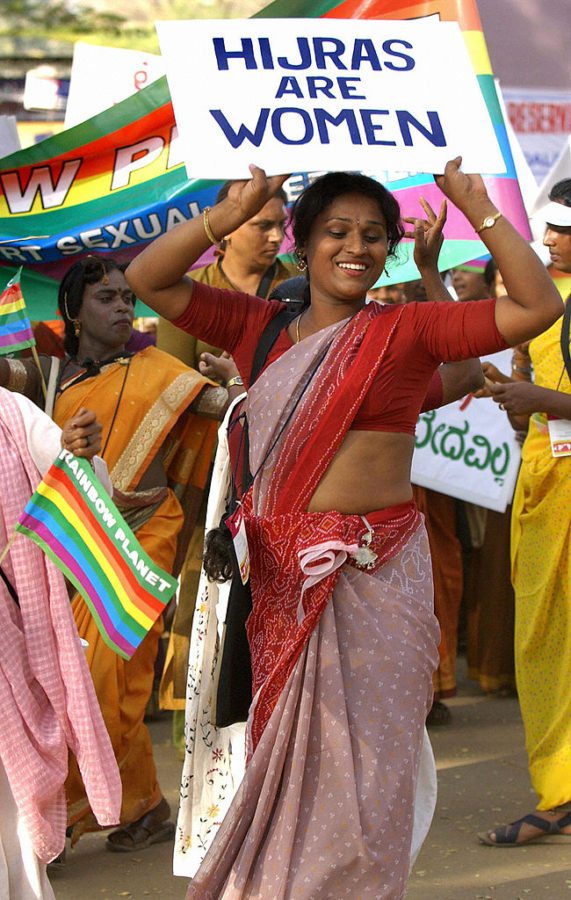Want to stop transphobia at work? There’s an app for that

(Photo illustration by Justin Sullivan/Getty Images)
An app aims to combat transphobia in the Indian workplace by matching transgender people with supportive employers as well as providing sensitivity training.
The app called Periferry – a play on words on periphery and ferry – aims to help transgender or hijra people find work in the mainstream workforce in India.
In their mission statement, Periferry states that they aim to “act as a ferry” by matching job-seeking trans people with employers who will support their transgender or third gender identity.
The app organises sensitivity training for businesses as well as giving employment advice and career skills training to transgender people.
Once an employer has been matched with a potential employee, the service will provide both the company and the person with training and support throughout the hiring process and employment.
Rights for LGBT people in India have undergone substantial changes within the last few years.
Three years ago, the Indian Supreme Court granted third gender status to trans people and endorsed people’s right to determine the gender they identify with.

(Getty)
This was followed by a bill passed last year by the Indian government protecting the rights of transgender people.
However, on a practical level, transgender people in India still face significant issues in regards to employment, housing, education and social standing.
This summer a group of eight trans women were forced to leave their government jobs due to a lack of safe accommodation.
Earlier this year an Indian university made all their courses free for trans students ‘to keep them from homelessness.’
According to a 2011 census, half a million people in India identify as transgender or hijra, however advocates believe this number may be significantly higher, with some estimates citing over two million transgender people in the subcontinent.
In their mission statement, Periferry state: “The transgender community has, for a long time now, been ostracized and discriminated against.
“Though officially recognized as the third gender per the Supreme Court verdict in 2014, a majority of the transgender population continue to struggle with achieving or sustaining a decent standard of living.
“We can change this equation by providing them with one crucial thing – employment opportunities. While it is important to get the transgender community into mainstream employment, it is equally important to sensitize existing workplaces about them.”
Last month brought renewed hope that India’s colonial anti-gay law, which has resulted in hundreds of arrests, might be finally overturned.

